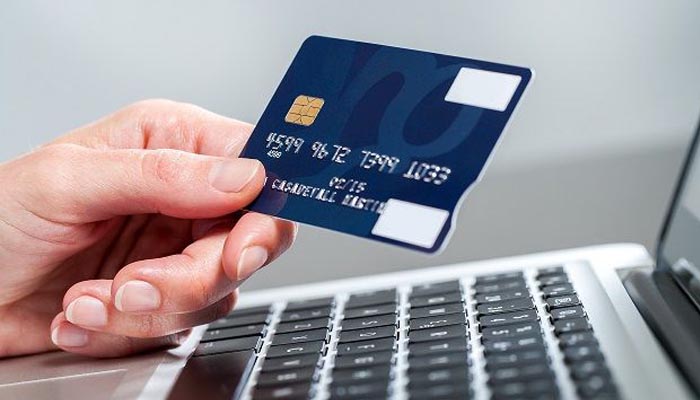As a merchant, you know that the entire e-commerce process consists of details—purchasing goods, keeping track of it, selling it, shipping it, and answering customer inquiries. The list is extensive. Here are a few tips that can help ensure a smooth credit card processing experience.
Chargeback Prevention
Chargebacks are one of the easiest ways to lose your merchant account. We have written several blog posts regarding chargeback prevention tips—from prevention for MOTO merchants to using online transaction receipts. Reducing chargebacks and disputing those that do occur are paramount for credit card processing online without interruption.
Multiple Merchant Accounts
Using multiple merchant accounts gives you a backup in case one account unexpectedly goes down (even if for routine maintenance), or if your acquiring bank terminates your merchant account without warning.
Since we work with a large network of merchant acquiring banks, you will not even have to do any additional integration work. However, you will probably want to purchase or develop a load-balancing module for your payment gateway since most merchant accounts require a credit card processing minimum. This module should monitor the transactions going through your website and ensure that each merchant account receives an appropriate, successful transaction volume.
Don’t Sell Illegal Goods
Perhaps the easiest way to have your acquiring bank terminate your merchant account is by selling illegal goods. By protecting their reputations, credit card companies like Visa and MasterCard limit what consumers can purchase online using their cards—pharmaceuticals for instance.
If your acquiring bank audits your website and finds products that they did not previously approve, it may terminate your account temporarily or permanently. If a credit card company audits your website and finds you are selling unapproved goods, you, your payment processor, and acquiring bank will receive hefty fines. If we audit your website and find you are selling illegal goods or those your acquiring bank did not approve, we, by law, have to report your business to the appropriate authorities and notify your acquiring bank to terminate your account.
The moral of the story: Don’t sell illegal goods.
Update Your Website
When updating your website, review PCI compliance information. Ensure that your website is always compliant with PCI DSS requirements. If your website is no longer PCI compliant, your acquiring banks may place a hold on your merchant account until you fix the problem.
Backup Everything
For every department of your business—finance, technology, billing, shipping—make sure you backup all of your files and information. If you have an image of your server ready to deploy in case of a hard drive failure or another issue, you will be up and running again that much more quickly than if you had to build it from scratch. If you hire a systems admin to maintain your servers, talk to him or her and make sure they are backing up everything.
Manage IT In-House
Hiring one or several IT professionals to ensure your website and backend are always operating properly is vital to any e-commerce business. After all, you rely on Internet technology to sell your goods! Since he or she will need to take the time to learn your system, hiring a new developer every time you need to make a change will waste your time and money. Keep at least one IT expert on board at all times to avoid stressful, costly situations.
Top-Notch Customer Service
To keep your customers coming back for more, provide top-notch customer service. A happy customer most often becomes a returning customer and will most likely tell their friends about your business. However, if you do receive a customer complaint, make sure you address it immediately and with a satisfactory resolution. Read Peggy’s blog post to learn how to handle customer complaints.


